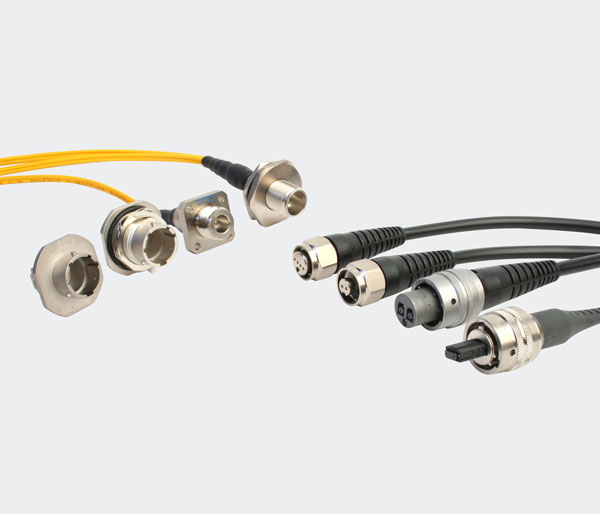Recently, Bill Gates said in an interview with Bloomberg that Sino-US relations have benefited each other. The United States used to want to sell expensive chips to create high-paying jobs. Forcing China to make its own chips now means that not only will high-paying jobs disappear in the future, but it will also make China completely self-sufficient. Is this really good (for the United States)?
Gates said: “I cannot say that China and the United States are interdependent. We benefit from each other. The United States sells jet engines and entertainment products. We used to want to sell expensive chips. This can create high-paying jobs and force them to make their own chips. If there is a conflict in the future, you will not only give up those high-paying jobs, but also force them to be completely self-sufficient. So, is this good?”
According to reports, the American Semiconductor Association pointed out in a report submitted to the US Department of Commerce that more than 73% of US chips can be replaced by products from other countries.
The Chinese market is the fastest growing in the world and one of the largest markets in the US semiconductor industry. The annual transaction volume accounts for nearly one-third of the total revenue of US semiconductor manufacturers.
Excessively large-scale sanctions against Chinese manufacturers for export control, may shrink the US manufacturer’s sales by as much as 37%, and will also greatly reduce the global market share by about 18%. Such a ban will undoubtedly destroy the US semiconductor industry.
On August 17, the U.S. Department of Commerce further tightened restrictions on Huawei’s access to U.S. technology, and included Huawei’s 38 subsidiaries in 21 countries and regions in the “Entity List”.
This ban requires that any use of American technology or American-made equipment to produce products for Huawei is prohibited and requires a license.
At present, major component manufacturers including TSMC, Qualcomm, Samsung, SK Hynix, and Micron will no longer supply chips to Huawei.




